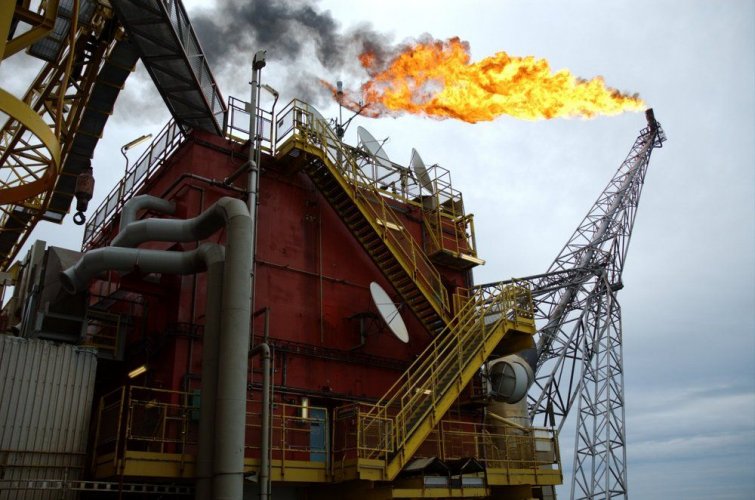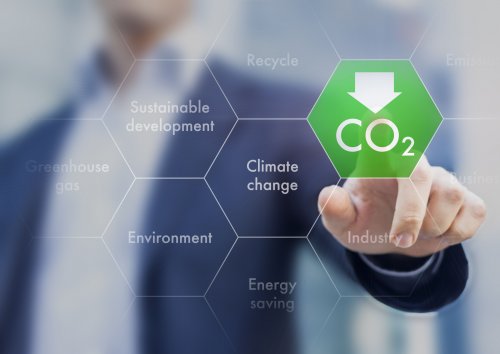The head of the International Energy Agency, Fatih Birol, said that the world is at the beginning of the end of the fossil fuel era.
Demand for oil, natural gas and coal will peak by 2030 and then begin to decline, he wrote in his Financial Times column, reports ScienceAlert.
Birol explained that this is due to the large-scale growth of green technologies, in particular RES and electric vehicles. And also with structural changes in the Chinese economy and the consequences of the energy crisis.
"Fossil fuels will be with us for many years to come, but looking at our numbers, we may be witnessing the beginning of the end of the fossil fuel era," he said.
However, Birol emphasized that the projected decline in demand for oil, gas and coal is not sharp enough to limit global warming to 1.5°C. Achieving the goals of the Paris Agreement will require much stronger and faster political action by governments.
The UN also warned that the world is not on track to achieve the long-term goals of the Paris Agreement. Global greenhouse gas emissions must peak by 2025 and fall sharply thereafter to maintain the 1.5°C target. A phase-out of fossil fuels whose emissions cannot be captured or offset is also necessary to achieve climate neutrality by 2050.
It is noted that the future of fossil fuels will be at the center of the debate at the UN climate summit COP28 in Dubai (UAE).
The article emphasized that the IEA had already predicted that the peak of global oil demand would occur by the end of the decade. However, this is the first similar estimate for coal and gas.
"Our latest forecasts show that the growth of electric vehicles around the world, especially in China, means that oil demand will peak by 2030," Birol said.
He added that demand for coal will peak in the next few years. In addition, the "golden age of gas", as the IEA first called it in 2011, is now coming to an end, and demand in advanced economies will decline later this decade.
"This is the result of renewable energy sources increasingly surpassing gas for electricity generation, the use of heat pumps increasing, and Europe accelerating the transition away from gas after Russia's invasion of Ukraine," Birol said.
Analysts at the Royal Bank of Canada said the new IEA forecasts underscore the success of renewable energy legislation.
"However, there is still room for policymakers to do more to accelerate the energy transition and phase-out of fossil fuels, and debates continue in major economies in areas such as the return of renewables and affordability," they said.
Earlier, EcoPolitic wrote, that the G-20 countries did not set the main climate goals, in particular regarding reducing greenhouse gas emissions by 60% by 2035 and achieving carbon neutrality before 2050.
As EcoPolitic previously reported, a report by the International Energy Agency showed that the share of renewable energy in global electricity production may exceed coal generation as early as 2024.





